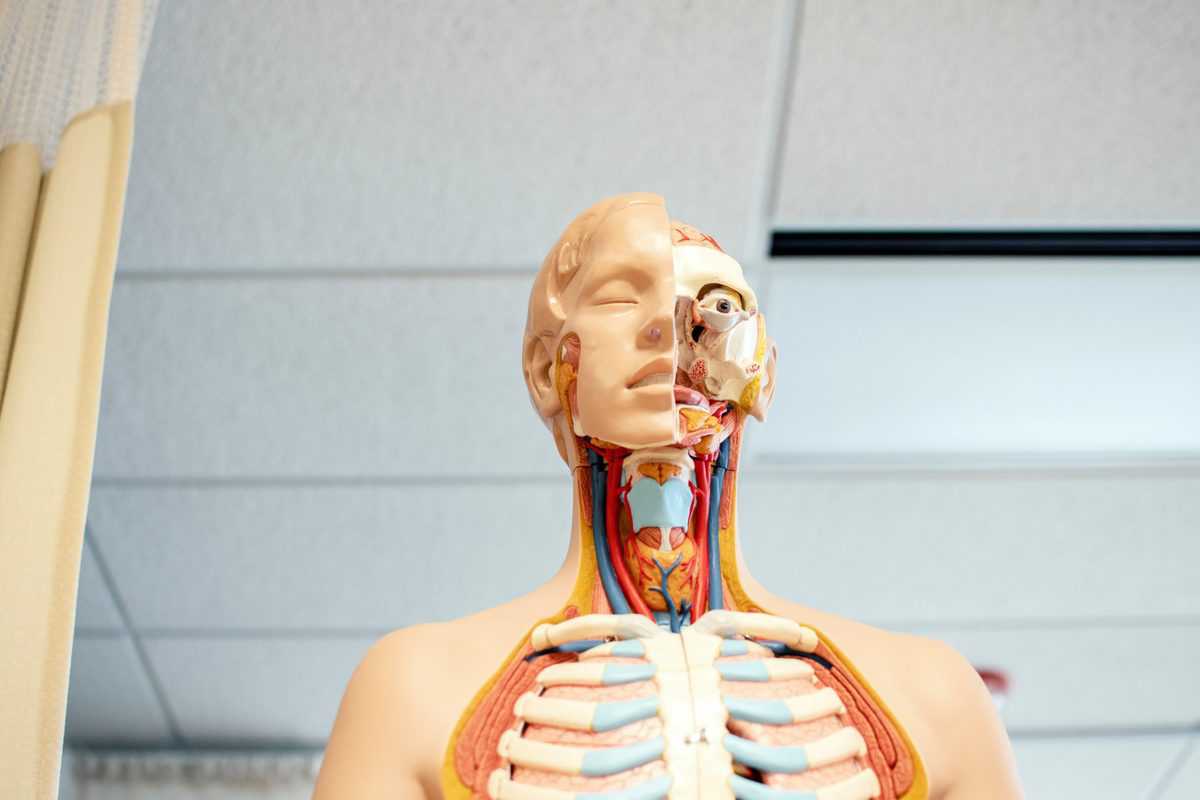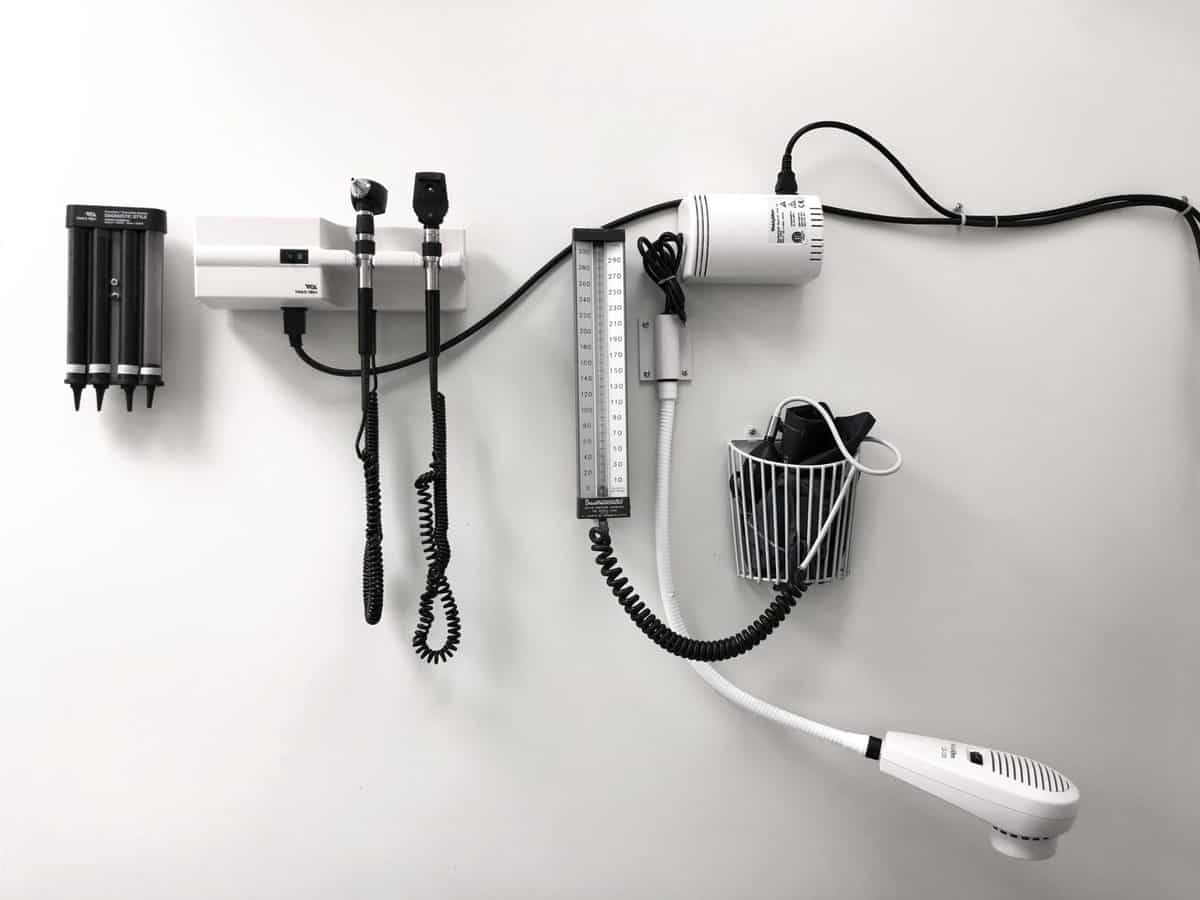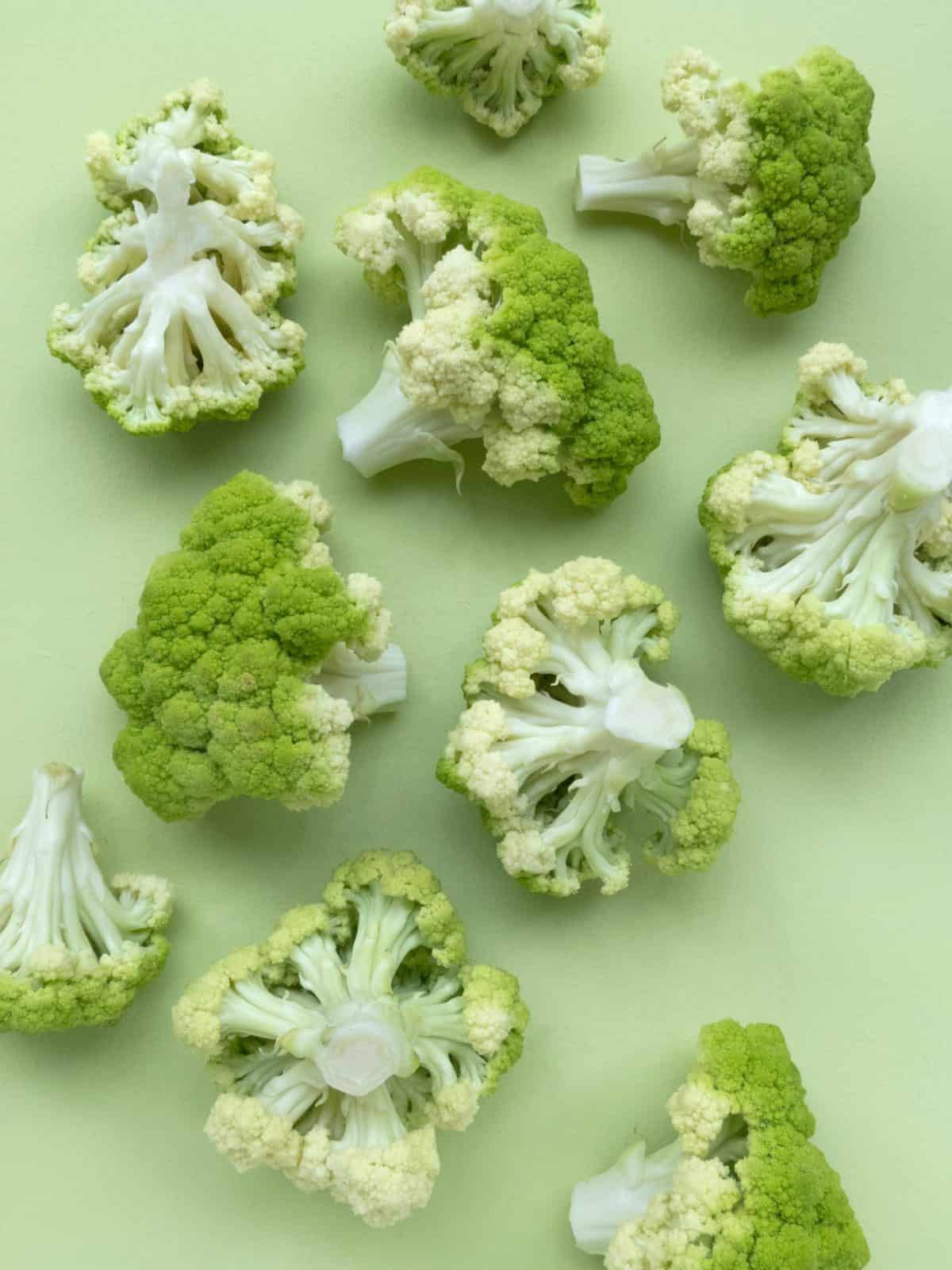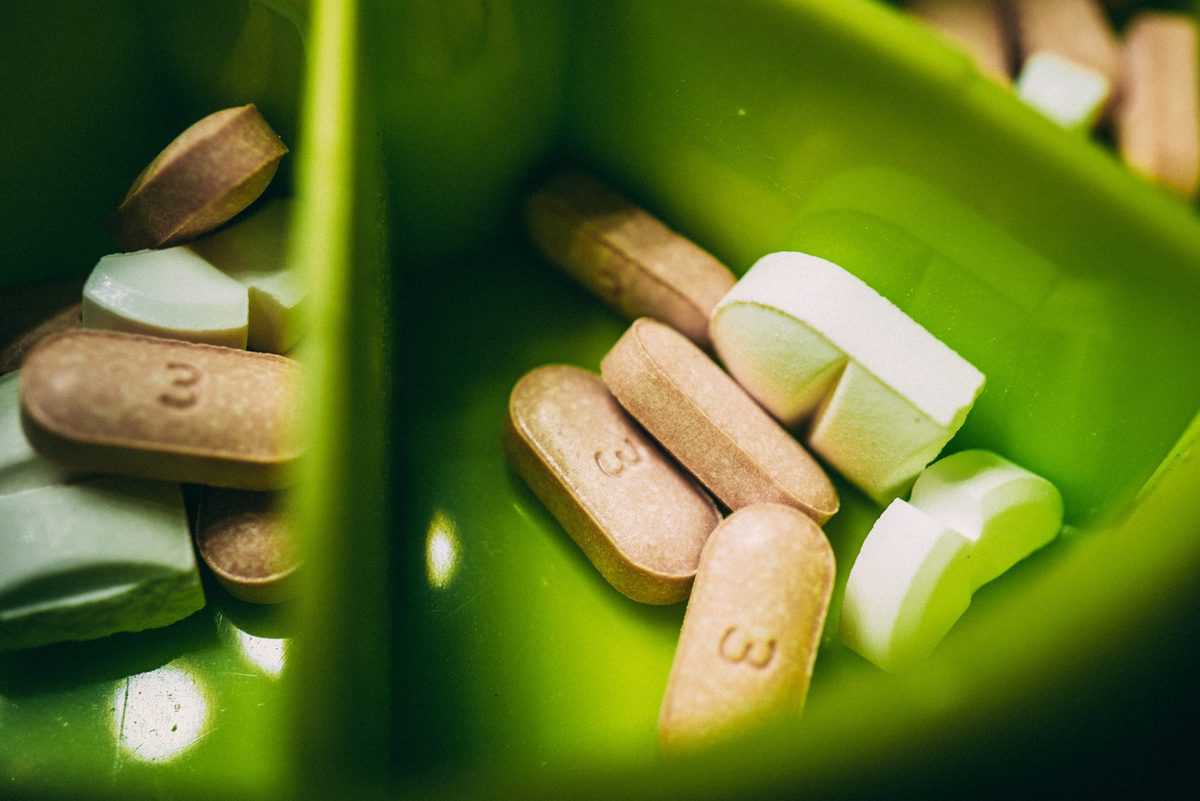I discuss a diet for hypothyroidism, supplements, and highlights from my e-book which you can download from this post!
I have gotten TONS of requests to address a diet for hypothyroidism, as well as specific questions about the condition and how to manage it. I assure you; I hear you and I have been gathering all these questions and have come up with an “all-in-one” resource to answer just about any question you may have! All of your questions, as well as an extensive overview of hypothyroidism and how to manage it with medicine and nutrition, have been addressed in the new virtual e-booklet that is now available for download!
We are currently experiencing technical issues with the e-book. If you have not received it after signing up, please email charlotte@abbeyskitchen.com.
This post is a very condensed version of the types of content you will find in the e-booklet (but of course, we go into the research and a lot more detail), so if there is anything you want specific answers to or clarification on, refer to FULL book!
What is the Thyroid & What Does it Do?
The thyroid is a small gland that is a massively important part of our everyday lives. It is responsible, in part, for maintaining a healthy metabolism, hormone functions, energy levels, and MUCH more. The way it does all this is by producing our two thyroid hormones: triiodothyronine (T3) and thyroxine (T4). Our thyroid hormones closely regulate our body weight as well as our metabolism.
What is Hypothyroidism?
Hypothyroidism refers to the underproduction, or reduced levels, of these thyroid hormones. It is also commonly referred to as an “underactive thyroid”. In Western society, 1-2% of the population has been diagnosed with this condition.

Symptoms of Hypothyroidism
Hypothyroidism is associated with a slowed metabolism, changes in energy storage and use, and an increase in cholesterol levels. These changes within our body can influence an array of symptoms, including tiredness, mental slowness, impaired memory, lethargy or sluggishness, feeling intolerant to the cold, unexplained weight gain, dry skin or hair, hair loss, and irregularities with bowel movements and/or menstrual cycles.
Weight gain and appetite will be highlighted in much greater detail in the virtual e-booklet.
What Causes Hypothyroidism?
Hypothyroidism is most commonly caused by an autoimmune disease which impacts the thyroid (i.e. Hashimoto’s), but may also be influenced by other diseases that predispose individuals to other autoimmune diseases (i.e. Celiac), an inflamed thyroid (i.e. Thyroiditis, which can happen postpartum or due to a viral infection), iodine deficiencies or toxicities, external radiation therapy, trauma, or a tumor of the neck or head, various drugs, and/or an underdeveloped thyroid.

How to Get Diagnosed with Hypothyroidism
A proper diagnosis for hypothyroidism can only be made with a medical professional (i.e. a doctor), using a patient’s history and laboratory measurements (i.e. blood and urine samples). Several blood tests that are regularly ordered to assess thyroid function, including T3, T4, Thyroid Stimulating Hormone (TSH), as well as tests for the antibodies that may be present in the case of an autoimmune disease.
Other Potential Connections Involved in Hypothyroidism
An underactive thyroid has been tied to MANY different disturbances that can occur in our body – which go above and beyond the list of common symptoms. These include, but may not be limited to:
- Complications with pregnancy and postpartum thyroiditis
- Poor digestion and unique issues with the digestive tract
- Hypertension and high blood pressure

If you are interested in finding out more about how an underactive thyroid may impact any of these things, there is an extensive look into each in the e-booklet.
Medical Interventions and Diet for Hypothyroidism
While following a diet for hypothyroidism is recommended for those with an underactive thyroid, in most cases it is not enough to cure the condition – but a healthy diet filled with the right nutrients for your body’s needs, as well as medication or supplements prescribed by a medical professional, can help to restore the normal functioning of your thyroid.
Medications
For those people living with hypothyroidism, thyroid hormone replacement therapy is the gold standard for treatment. The most commonly recommended medications are aimed at supplementing the body with T4 – the common name for the medication is Levothyroxine.
Levothyroxine can have diverse side effects, including increased appetite, weight loss, heat sensitivity, mood alterations, and fatigue. If your side effects last more than a few days or weeks, or are impacting your quality of life, reach out to your health care provider to discuss the problems you are experiencing with them.
There are also special considerations that should be considered when taking these medications, as several nutrients can interfere with their absorption. These include:
- Calcium
- Iron
- Fibre
- Soy
- Coffee

If you are taking thyroid hormone replacement medications and are at all concerned with the timing of your medication use interfering with one or more of the above nutrients, please see the detailed list of recommendations in the linked resource.
Diet for Hypothyroidism
What to Eat
There are several important nutrients that should be included in your diet to maximize your thyroid and overall health, these include:

- Iodine
- Selenium
- Zinc
- Copper
- Vitamin B-12
- Iron
- Tyrosine
It is important to also understand why these nutrients are important to include in your diet, so refer to the e-booklet to get more information on why we need these nutrients, how they interact with our thyroid, how much we need, as well as which foods offer the most concentrated sources of each one!
What to Avoid
There are several foods that should be eaten in moderation if you have been diagnosed with hypothyroidism and/or have an iodine deficiency. These foods include:

- Raw cruciferous vegetables
- Excessive soy-products
- Certain fruits like almonds, cherries, and peaches
- Certain starches like millet, sweet potato, and tapioca
- Alcoholic beverages
There are also certain diets, which have been promoted as beneficial for an underactive thyroid, which should actually be avoided – unless counter-indicated by a doctor or a diagnosed condition. These include:
- The ketogenic diet
- A gluten-free diet (unless celiac or gluten-sensitive)
If you are interested in finding out more about why these are not supported by the evidence, the e-booklet highlights this.
Natural Supplements
There are several natural supplements or alternative medicines that have been popularized for their supposed thyroid stimulating abilities. These include:
- Ashwagandha
- Coleus
- Gota Kula
- Guggal

However, because that there is limited scientific evidence to support the supplementation of most of these natural remedies for the treatment of an underactive thyroid, and because these herbs interact with various medications, their use should always be overseen by a medical professional.
Getting the FULL E-Book on Supplements and Diet for Hypothyroidism
Hypothyroidism, an underactive thyroid, can cause an array of metabolic and overall health disturbances. The most common symptoms include fatigue, cold intolerance, hair loss, and weight gain. This condition can be linked to many different health concerns, including gastrointestinal problems, hypertension, infertility, anemia, and more.
Luckily, there are tests that can effectively diagnose this condition and medications to treat it. In addition to taking medications, there is an abundance of foods that can be incorporated into the diet to help optimize your recovery from hypothyroidism. Following a “hypothyroid friendly” diet, in combination with medications like Levothyroxine, is the best-known way to alleviate symptoms and effectively treat an underactive thyroid.
For more details on any of the topics touched on in this post, and more, refer to the extended version that is now available as a downloadable e-booklet!
Contribution by Amber Whittemore
More Blog Posts You Might Like
If you enjoyed this post, check out these next:
- The Hormone Balance Diet | Are Your Hormones Causing Weight Gain?
- How to Speed Up Metabolism | Best Metabolism Boosters
- Sugar Bear Hair Gummies | Do They Work?
- Are Supplements Safe? (How to Choose the Right Supplement)
Now, I want to hear from you: have you found supplements and diets for hypothyroidism management? What works for you?
Updated on September 28th, 2023

Abbey Sharp is a Registered Dietitian (RD), regulated by the Ontario College of Dietitians. She is a mom, YouTuber, Blogger, award winning cookbook author, media coach specializing in food and nutrition influencers, and a frequent contributor to national publications like Healthline and on national broadcast TV shows.





Rachel says
Hey Abbey, I had thyroid cancer and Graves disease and the one thing my doctors always told me I wasn’t allowed to eat before getting treatment was GRAPES! They said they weren’t sure why, but grapes do stimulate the thyroid to produce more hormones. Thought it would fun for you to dive into. This was in 2015 so not sure if more data is out now, but I always thought that was interesting. Iodine is so important and the reason the US government started making programs that supported iodized salt in food, including all table salt and fast food chains.
Lynette Bester says
Also did not receive the ebook. Please send to me.
Ali says
I also tried to sign up for this multiple times and never received the e-book!
Abbey Sharp says
Hey Ali, we’re looking into this issue. I’ll make sure the ebook is sent to you!
Braely Amundsen says
I am trying to find the e booklet to download on Hypothyroidism and have signed up multiple times. It still hasn’t arrived in my email. Please let me know how to do this. Thank you!
Abbey Sharp says
Hey Braely, thanks for letting me know about this issue. I’m looking into it!